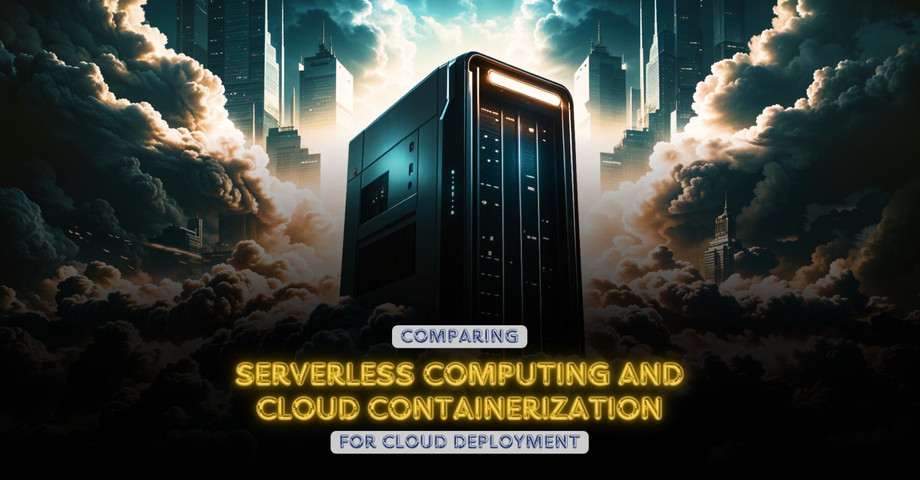Serverless computing and cloud containerization are two popular cloud technologies with distinct advantages. Serverless allows developers to focus on writing code without managing infrastructure, offering automatic scaling and cost efficiency. It's ideal for unpredictable workloads, as users pay only for what they use. However, it lacks control over the environment and may involve vendor lock-in. In contrast, cloud containerization provides more flexibility and control by packaging applications with their dependencies, making them portable across platforms. Containers, like Docker and Kubernetes, are better suited for complex applications and steady traffic, but require more management and resources.
When choosing between the two, it depends on the specific needs of your business. Serverless is excellent for quickly scaling apps with minimal infrastructure management, while containers offer greater control and consistency for complex deployments. Understanding the pros and cons of each approach helps businesses make informed decisions based on scalability, cost, development speed, and flexibility.

